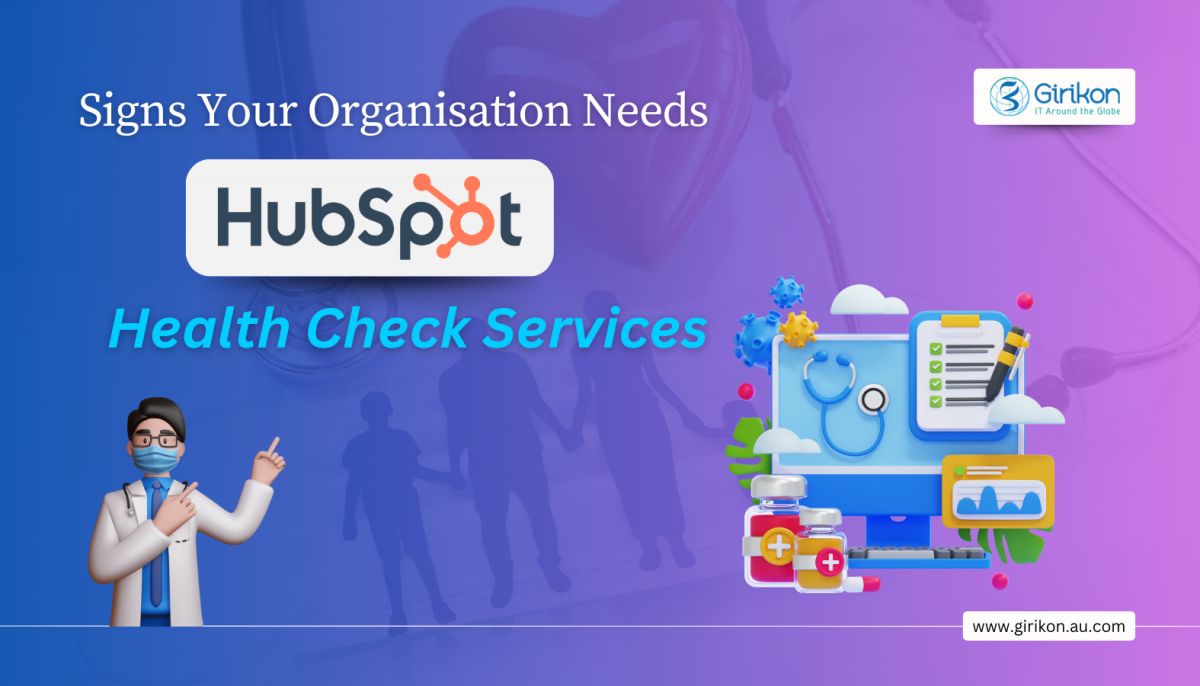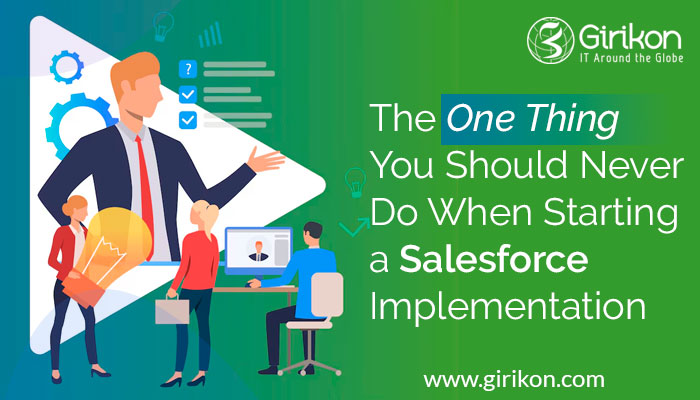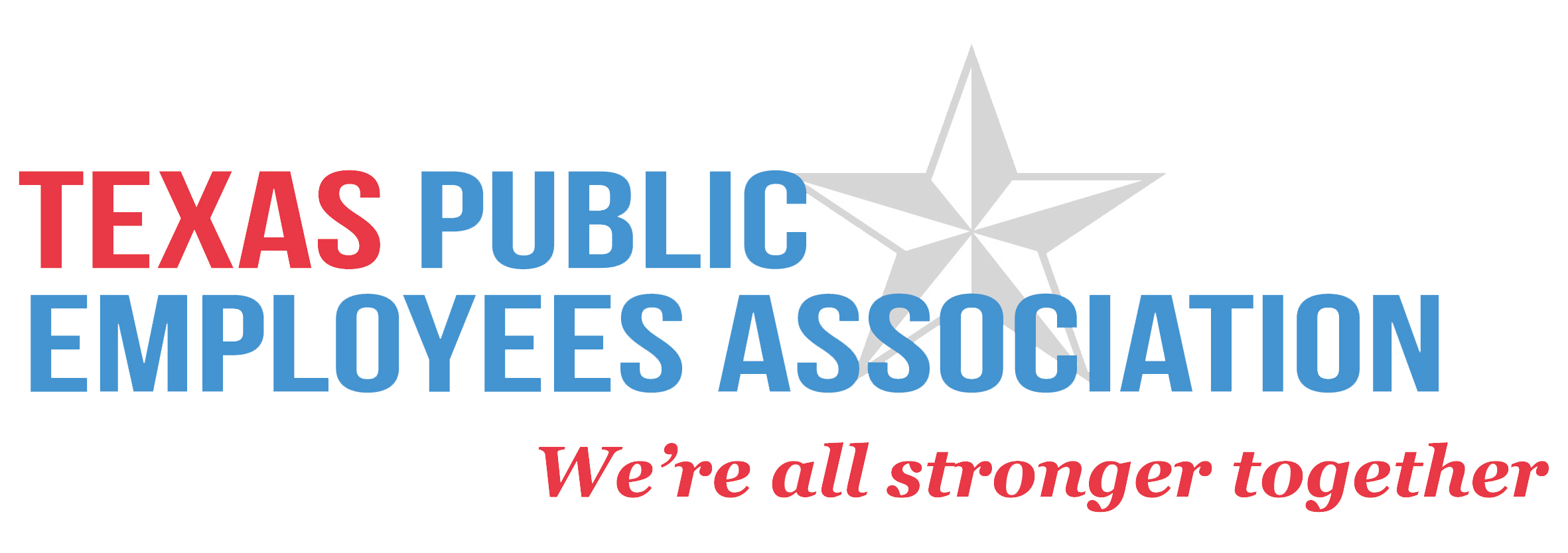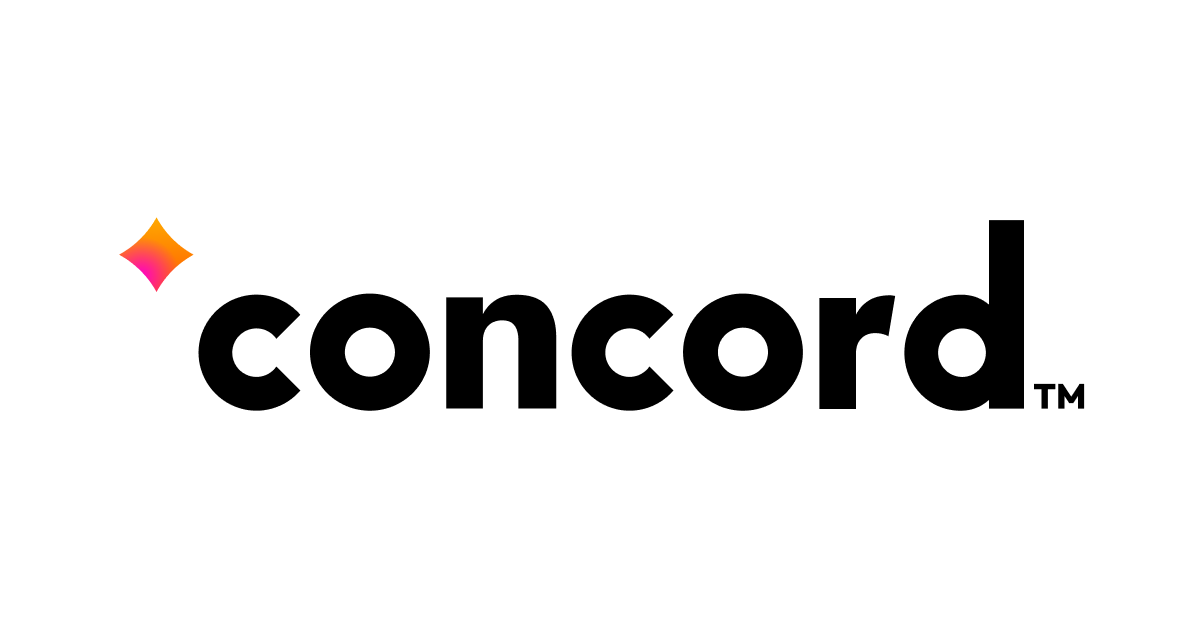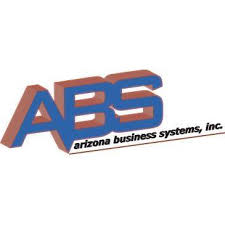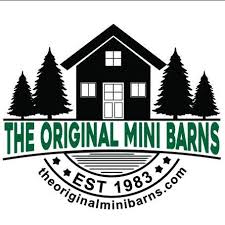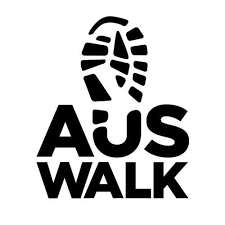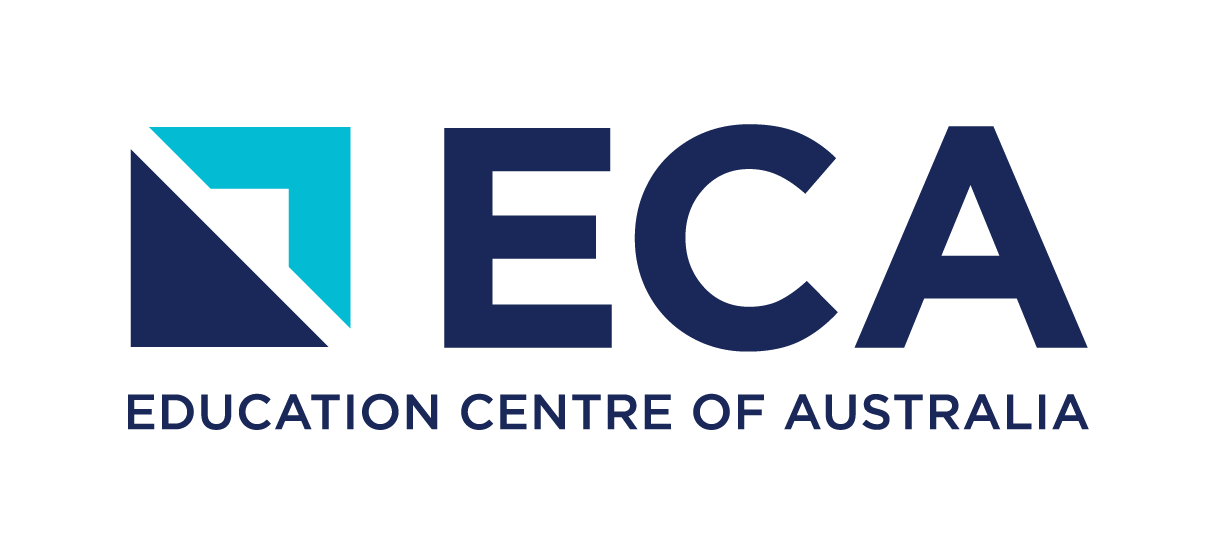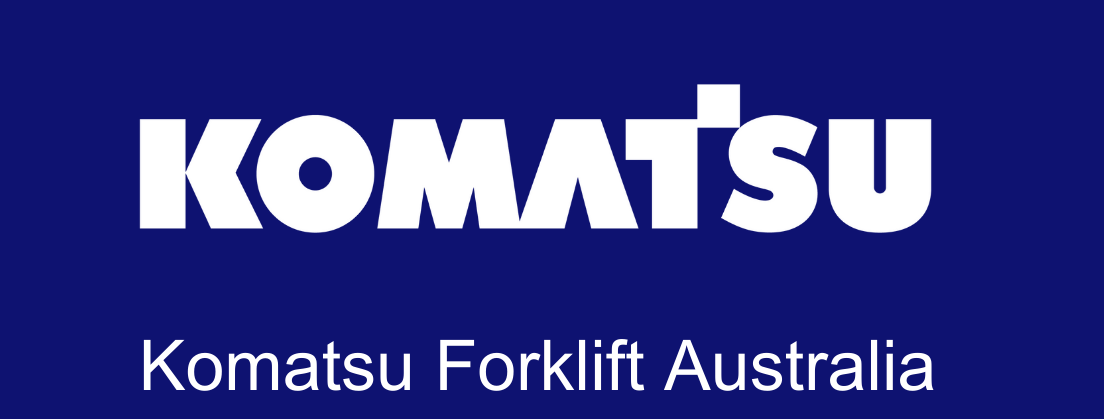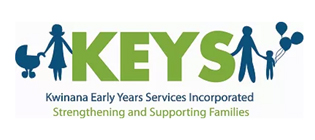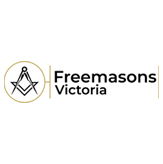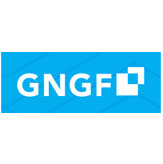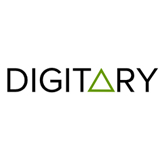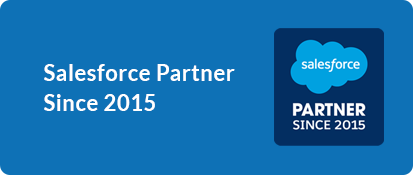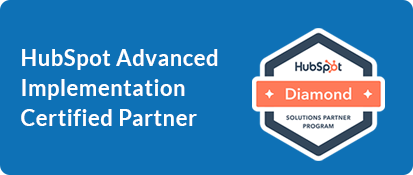Our Blogs
Salesforce, the world’s No1 CRM platform, has transformed the way businesses operate today. However, according to an article in the CIO Magazine in 2018, about a third of all CRM projects fail miserably. For some businesses, the failure rates can far exceed that number. While there are several reasons for this failure, the one that stands out and perhaps is the most crucial is selecting the wrong Salesforce Consulting Partner. Ideally, the Salesforce Consultant you choose should be able to utilize the Salesforce platform to its fullest potential. And this is where many companies make a mistake.

The Salesforce ecosystem is made up of over 175 thousand experts across consulting firms spread across the globe. Salesforce partners bring strategic expertise, in depth technical and functional skills, across every domain, product, and region to help businesses innovate and implement with better outcomes.
A Salesforce Consulting Partner firm is one that has been authorized by Salesforce to provide implementation services of Salesforce products and services. This allows the partner to build and deploy customized solutions for Salesforce customers, along with the required integrations. These firms have received adequate training to lead the innovation transformation and help Salesforce customers do their business in renewed ways.
To become a part of the Salesforce Consulting Partner community, applicants have to go through a rather demanding process of selection. They must meet all the stringent requirements and fulfil the necessary documentation to get accepted.
Here are our top 12 tips to select the find Salesforce Consulting Partner
Plan
If you are one of the key business leaders in your organization, you are well aware of the challenges faced by your business. You would have a fair idea about which specific problem areas you wish to address with Salesforce. To begin with, you must educate yourself on the basics of Salesforce. Get a sense of how it can help your business. The Salesforce website could be a great starting point for this. You can navigate through their website content to find a plethora of resources such as articles, blogs and case studies, segmented industry wise which will help you get started. A thorough research on how Salesforce can help businesses like yours should be your top priority.
Set Goals and Expectations
Once you have done your research, this is the logical next step. Good research followed by a thorough understanding of key business goals will go a long way in realising the benefits of Salesforce. Conversely, if you don’t establish a clear set of expectations from the Salesforce platform, either you will end up underusing the platform or you will expect too much from it in too little time. Setting the foundation is critical. When you make your business plan, make sure you plan for 3-5 years ahead, listing out challenges, budgets, timelines and key roles.
Experience
Experience comes with working on multiple projects across varied domains, solving a variety of problems for customers. Once you shortlist a consultant, make sure you have a detailed discussion with them about their experience and expertise. While you want to hire a Salesforce Consultant who has extensive experience in your area of business, this may not guarantee success for you. Perhaps an integration partner with experience across multiple sectors may be the right one for you. Map your needs and expectations with their experience and expertise of the consultants and see who has the maximum overlap.
Certifications
When you do your research on Salesforce to develop the fundamentals of Salesforce and how it can help your business, you will come across this topic. Find out what is your prospective partner’s certification tier – Registered, Silver, Gold, Platinum. This will tell you which Salesforce products they have expertise in. Salesforce awards different certifications to individuals and firms through the Salesforce Partner Network, based on their skills and experience. Knowledge about your consultant firm’s tier and their individual consultant certifications will help you identify the right agency for your organization.
Reviews
Once you have shortlisted consultants, going through reviews that other businesses have posted about them is a great way to ensure that you are in discussions with the right people. Salesforce Appexchange is a great place to find genuine customer reviews and ratings on a consultant. Not only that, you will also get to know about several other key aspects about the consultant like experience, areas of expertise, certifications, and more. Other relevant places to look for reviews are their social media profiles and Google ratings.
Quality V/s price
You will come across many consultants with relevant skills, knowledge and experience at costs that are well within your budget, and you would be tempted to sign up with them. But the chances of failure are higher with such consultants. Anyone with skills in building apps on the Salesforce platform does not qualify as a consultant. A consultant has a greater sense of understanding your business needs, and the challenges you face and has the ability to design tailor-made apps and solutions based on your unique business requirements.
Keep Order Takers at bay
You don’t want a team of developers who are very happy taking orders from you. They will derail your growth plan. Such teams don’t have the necessary experience or skills to understand your business needs and goals. A consultant’s role is to take detailed inputs from you, understand the needs of your teams and design the right path for success for your business. And a consultant never hesitates to disagree with you. Consultants may be expensive, but they take the initiative and lead rather than follow.
Individual Expertise and Team Size
Challenges are unique to every business and require a team with specific Salesforce skills to resolve them. Ensure that your consultant has the right team with the requisite skills and certifications on various Salesforce products such as Sales Cloud, Marketing Cloud, Service Cloud etc. While team size is not critical, it should not be too lean. Make sure the implementation team has a well-defined structure to it based on roles and functions.
Product Management Methodology
Once you have vetted a consultant for their experience and skills relevant to your business needs, it is critical to understand how they will manage the implementation before you sign up with them. Make sure all the stakeholders’ responsibilities are clearly established. Ensure that you have a clear understanding of a contingency plan to mitigate any risk associated with the implementation such as requirement related, manpower related, budget or timeline related. Make sure the SLAs are factored in at the very start of the project and not dealt with on the go.
Support Structure
Salesforce is not a one-time activity. And Salesforce updates its platform three times a year. Businesses evolve continuously and new requirements come up all the time. Consequently, you will need ongoing maintenance, updates and troubleshooting with many apps. Your consultant must be equipped to provide round-the-clock support. This is why your consultant should have a decent team size. The consultant should be able to provide training to your users as and when required, for instance, after an update or after the deployment of a new app.
Define key roles
You and your consultant need to work together to define key internal roles. These roles are crucial, and you should agree on them before onboarding the consultant.
- Strategic Consultant
- Data Architect
- Change Management Consultant
- Project Management
- Project Management
- Project Administrator/Sponsor
- Consultant Management
Long-term Relationship
Salesforce is not a short-term affair. It’s a long and potentially very fruitful journey where your CRM and your business grow and evolve hand in hand. Salesforce releases multiple updates through the year. You need someone who can support you through these updates to maximize their use for your business case. And there is a continuous need for troubleshooting and training of new users. Seeking a long-term relationship with your consultant would be wise decision.
What the Salesforce Expertise Levels mean?
When you look for a consultant on AppExchange, you will see their level of expertise within the Expertise tab of their Consultant listing .
Level I Specialist: Level I Specialist status partners have proven to Salesforce that they have the skills and expertise to deliver customer success in a particular product or vertical.
Level II Specialist: Partners at this level have proven to Salesforce that they have the skills, expertise and experience to deliver on more complex projects in a particular product or vertical and have maintained high levels of customer success.
Expert: Partners who have been awarded this status by Salesforce have proven to be thought leaders with a breadth of experience in a particular cloud product or industry vertical. They are equipped to handle very large and complex projects and have achieved the highest standards of customer success.
Girikon is a Gold Certified Salesforce Consulting Partner with presence across the globe. We pride ourselves on delivering high-quality scalable solutions to solve the most complex business problems of our customers. We cover Salesforce consulting, implementation, custom development, integration, and managed services as per the latest releases of Salesforce products. Contact us today and start your journey of transformation.

 +61-1300-332-888
+61-1300-332-888 +1-480-382-1320
+1-480-382-1320